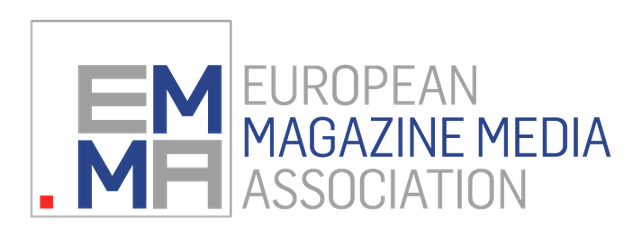Germany's magazine media: highly relevant, successful innovations and stable business trends - but in a very challenging regulatory environment
On Monday, 7 April 2014 Stephan Scherzer, CEO of the German Magazine Publishers Association (VDZ), presented the state of play of Germany's magazine sector to the public. With more than 6.000 titles in print and digital the German magazine sector is globally unique.The high level of diversity of magazine titles reflects today's fragmented society: 91,5% of Germany's population over 14 read print magazines regularly, and 72% of Germany's population use digital offers of consumer magazines. This is a total increase of 4% compared to the year before (in comparison: TV online offers experienced a decrease of 7% reach compared to the year before).
In Germany, 94% of top decision makers use b2b magazines as their #1 source of information. This is an increase of 38% compared to 2011.
While magazine publishers invest strategically in print business, new business areas – such as events, shopping and services – are being systematically developed. The print business contributes 66% of the total turnover of today's magazine business in Germany and the outlook for 2014, which Scherzer described as stable, is expected to have low decreases in print advertising (-1,5%) and readership (-0,5%) and an expected increase in digital business (+14,8%). Scherzer also predicted an increase in audiovisual services provided by publishers and a boost in the mobile business in the years to come.
Furthermore, Scherzer reported that while the magazine sector is highly innovative and maintains journalistic quality by managing the challenging transition process from a print to a multiplatform medium well, regulatory roadblocks threaten these highly sensitive developments. The new data protection regulation, for example, puts editorial freedom at risk, hampers the distribution of consumer and b2b magazines and damages digital business models of publishing houses. Other examples include advertising bans and restrictions, which Scherzer said are concrete risks for magazines. He called for a quick extension of reduced VAT rates to the digital press in order to maintain media literacy in the digital world. He also said that while regulation is perceived by medium-sized and small publishing houses as a severe infringement into the free market, the regulator is not acting against dominant US players who operate in an almost regulatory-free environment. In this regard, Scherzer mentioned the current Google competition case that requires an urgent turn-around, as Vice-President Almunia's decision, which is not sufficient in order to stop the anti-competitive behaviour of Google, will otherwise have a disastrous effect on Europe's digital economy, including the magazine media business.
Stephan Scherzer (pictured) is CEO of the German Association of Magazine Publishers, VDZ, and Vice-President of the European Magazine Media Association, EMMA.
More information about Germany's magazine sector can be found in VDZ's report (in German).
The European Magazine Media Association, is the unique and complete representation of Europe’s magazine media, which is today enjoyed by millions of consumers on various platforms, encompassing both paper and digital formats.
www.magazinemedia.euThe European Newspaper Publishers’ Association (ENPA) is the largest representative body of newspaper publishers across Europe. ENPA advocates for 14 national associations across 14 European countries, and is a principal interlocutor to the EU institutions and a key driver of media policy debates in the European Union.
www.enpa.eu